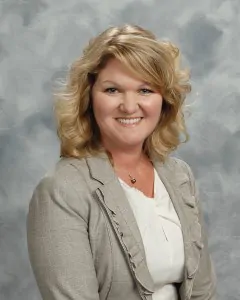

Downhole scaling of organic compounds presents challenges in Class I disposal wells. Once chemical and physical conditions drive biological growth and mineral precipitation, the resulting downhole scale must be confronted with expensive workovers, stimulations, or even plugging and abandonment. In one Midwest case study, an electric utility is battling ferric, carbonate, and sulfate precipitate driven by fluctuating pH in its coal combustion residuals (CCR) leachate. Using a variety of geochemical models, we are taking a proactive approach to eliminate expensive fixes by simulating the saturation indices of key mineral species under defined parameters that drive the formation of downhole precipitate under temperature and pressure.
Using a variety of chemical equilibrium models such as PHREEQC, MINTEQ, WATEQ4F, and Geochemist’s Workbench, conceptual scenarios are run at the surface and in the mixing zone of the downhole reservoir using site-specific water-quality data, pressures, and temperatures. Each scenario provides anticipated mineral saturation states, used to estimate mass removal or chemical neutralization to prevent downhole precipitation. To mirror the dynamic nature of the CCR leachate water chemistry, modeling will continue as an iterative process whereby we will continue to collect data and run simulations to stay ahead of changes that could affect the downhole well chemistry.
This proactive approach will reduce the potential for downhole scaling to increase operational efficiency, reduce maintenance costs, and extend the life of this Class I well.
Meet Stephanie Hill and the SCS team at the Groundwater Protection Council’s 2019 Underground Injection Control conference. Tuesday, Feb. 26 from 10:30 a.m. – 12:00.
